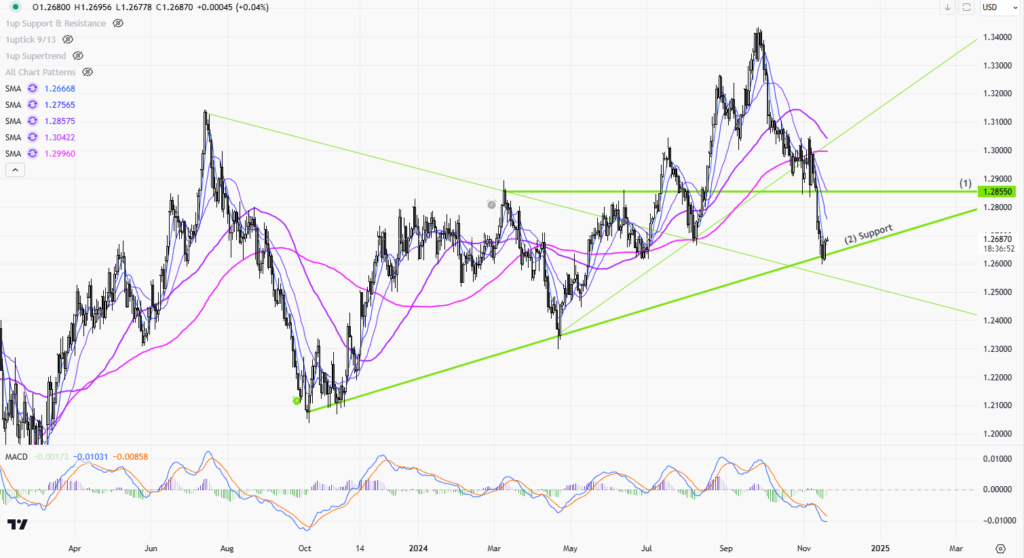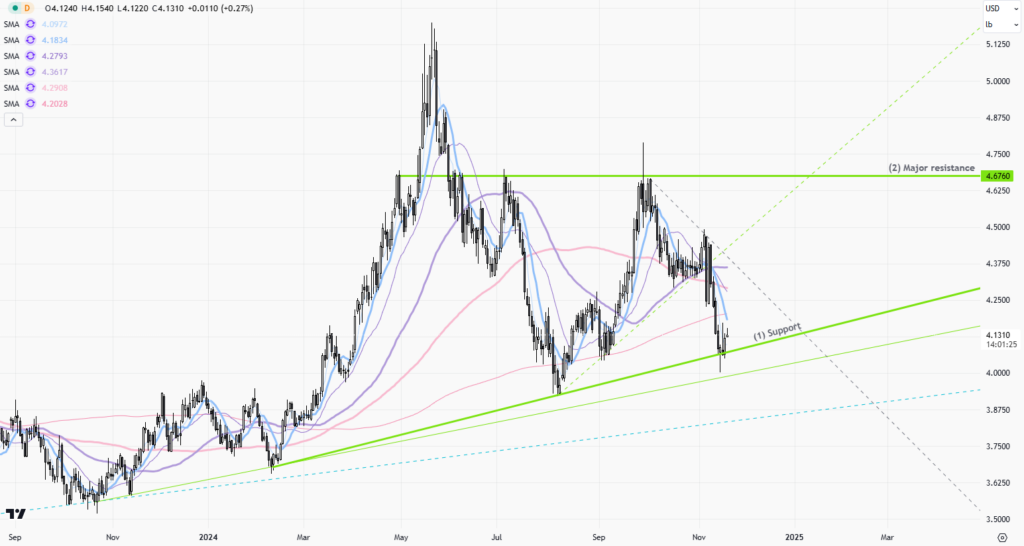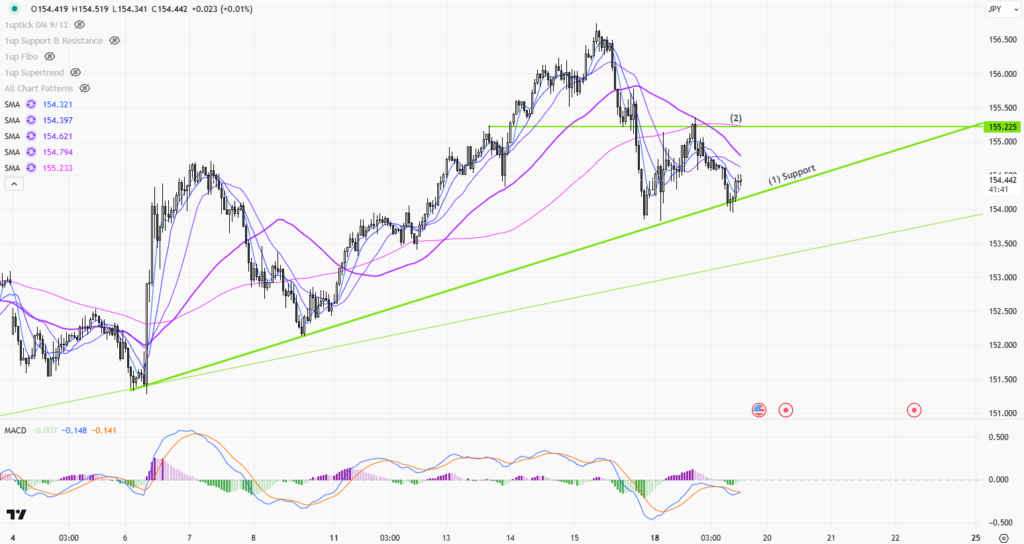 |
| Gold V.1.3.1 signal Telegram Channel (English) |

AI and Smart Factories Are Revolutionizing Global Manufacturing in 2025
2025-03-04 @ 14:52
Global manufacturing is experiencing a resurgence in 2025, marking the second consecutive month of industry expansion. This rapid growth is propelled by several transformative trends, from AI integration and automation to localized supply chains and sustainability initiatives. Below, we explore the most critical developments shaping the future of manufacturing.
The Growing Role of AI in Manufacturing
Artificial Intelligence (AI) is now a fundamental component of modern manufacturing, revolutionizing production processes and operational efficiency. According to Hanwha, 89% of manufacturers are planning to implement AI within their production networks, demonstrating its increasing necessity.
Key applications of AI in manufacturing include:
AI-driven manufacturing systems are fostering productivity and precision, making automation more intelligent and responsive to real-time production needs.
Increasing Automation in Factories and Shipyards
Automation continues to play a key role in driving efficiency in manufacturing. While AI enhances decision-making and adaptability, automation ensures seamless execution of predefined tasks with minimal human intervention.
By integrating AI with automation, factories and shipyards achieve:
This synergy is poised to redefine production workflows, making manufacturing faster, smarter, and more efficient.
Shift Toward Localized Supply Chains
Global disruptions, including the COVID-19 pandemic and ongoing geopolitical challenges, have highlighted supply chain vulnerabilities. As a response, manufacturers are increasingly shifting toward localized production through reshoring and nearshoring strategies.
Benefits of localized supply chains include:
Jay Timmons, President and CEO of the National Association of Manufacturers, describes this trend as a “once-in-a-generation opportunity” to strengthen national production capabilities and workforce investment.
Focus on Supply Chain Resiliency
Manufacturers are prioritizing supply chain resiliency to mitigate future disruptions. To safeguard against market volatility, companies are adopting:
As manufacturers increasingly integrate sustainability into supply chain decisions, transparency and accountability have become key operational considerations.
Smart Factories and Digital Transformation
The shift toward smart factories is transforming traditional manufacturing through digital innovation. Smart factories leverage cutting-edge technologies such as AI, IoT, and data analytics to create intelligent production environments that respond dynamically to market demands.
Key advantages of smart factories include:
To stay competitive, companies must develop long-term digital transformation strategies and equip their workforce with future-ready skills.
Sustainability and Energy Demands
Sustainability is no longer just a corporate responsibility—it has become a competitive advantage. Manufacturers are increasingly prioritizing:
AI-powered data centers play a significant role in modern manufacturing, but they also create substantial energy demands. As a result, companies are exploring new energy-efficient solutions to strike a balance between innovation and environmental responsibility.
Workforce and Innovation
The evolving manufacturing landscape requires a workforce equipped with advanced technical skills. Future employees must be proficient in:
Companies investing in workforce development, sustainability, and technology adoption will attract top talent, fostering continuous innovation and improving long-term competitiveness.
Final Thoughts
With AI integration, smart automation, localized supply chains, and



![[Daily Closing 🔔] Gold – Gold Prices in New York Swing Sharply as Geopolitical Tensions and Dollar Strength Drive Market Uncertainty](https://int.1uptick.com/wp-content/uploads/2025/05/2025-05-22T235933.071Z-file-1024x576.png)
![[Daily Closing 🔔] Gold – Gold Prices Climb to New Highs on Tuesday as Weaker Dollar Boosts Safe-Haven Demand](https://int.1uptick.com/wp-content/uploads/2025/05/2025-05-22T004512.731Z-file-1024x576.png)
![[Daily Closing 🔔] Gold – Gold Prices Surge Nearly 2% to $3,287.60 as Weaker US Dollar Fuels Rally](https://int.1uptick.com/wp-content/uploads/2025/05/2025-05-20T224010.678Z-file-1024x576.png)


